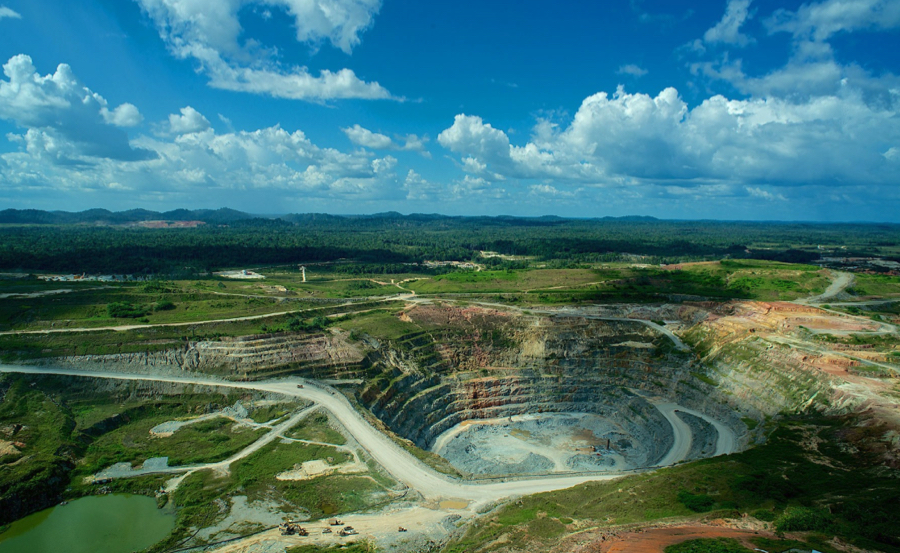Iamgold denies Rosebel mine halt, continues ramping up operations

Canada’s IAMGOLD Corp. (TSX IMG), (NYSE: IAG) denied on Thursday news of illegal miners forcing the company to halt operations at its Rosebel gold mine in Suriname for the second time this year, saying it continues to resume mining activities at the asset.
Local news site Starnieuws had reported that a fresh influx of illegal miners had prompted the miner to stop work and remove workers and equipment from the mine’s southern pits.
The Toronto-based firm suspended work at the mine in early August, following an incident involving police that caused the death of an artisanal miner and left some equipment unusable.
Local news outlet had reported that a fresh influx of illegal miners prompted the miner to stop operations and remove equipment and workers from the Rosebel’s southern pits.
Shortly after, IAMGOLD laid off 325 contractors for the South American mine and lowered its production forecast for the year to between 765,000 to 810,000 ounces of gold, to reflect the operation’s halt.
The company has since resumed operations in the northern pits and its getting close to fully ramp up activities at Rosebel’s southern pits.
“We continue to work closely with, and have the full support of, the local community, the union and the highest levels of the government,” it said in the statement.
Last month, the company said it would rehire the laid off workers after reaching an agreement with the local community. The deal will enable the haul of Saramacca ore to the mine’s mill in early November.
Rosebel, located in the mineral rich Brokopondo district, about 85 km south of the capital city of Paramaribo, has often been a target for illegal miners. This has led the company to allow some artisanal miners to work on the concession.
The Canadian company owns 95% of the gold mine and the government of Suriname holds the remaining 5%.
IAMGOLD made headlines in September after China Gold International Resources said the Canadian miner would “fit well” with its acquisition strategy.
Following the highly publicized multi-billion mergers of Barrick – Randgold and Newmont – Goldcorp, rising gold prices have spurred an anticipated wave of consolidation in the sector, which has favoured Canada and Australia.
{{ commodity.name }}
{{ post.title }}
{{ post.date }}




Comments
Peter Trowe
It’s a security issue which the miner has get a handle on
In conjunction with the local government. It means there will be a considerably increase in costs to run the mine.